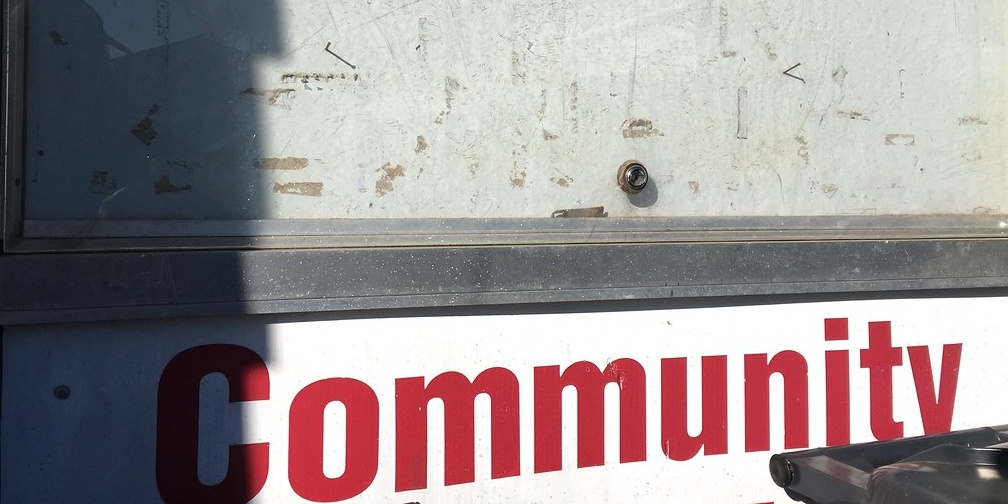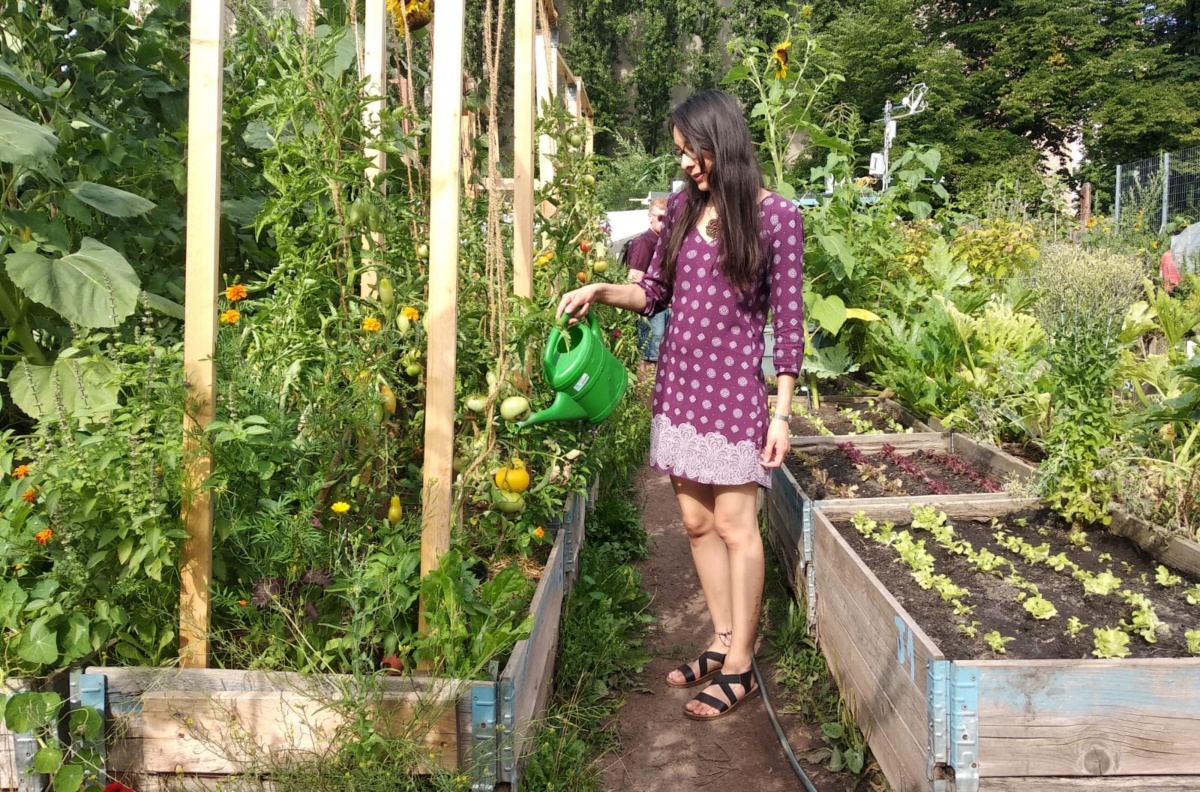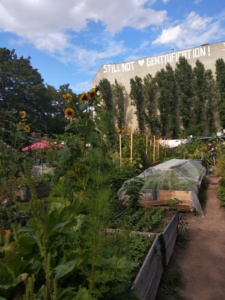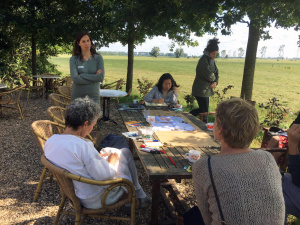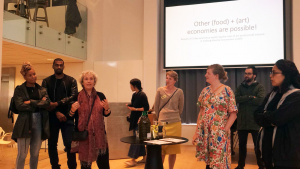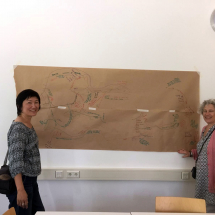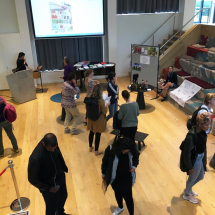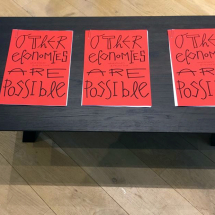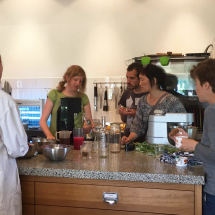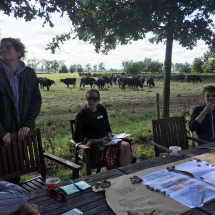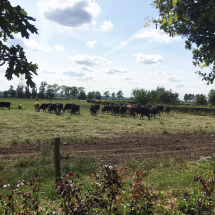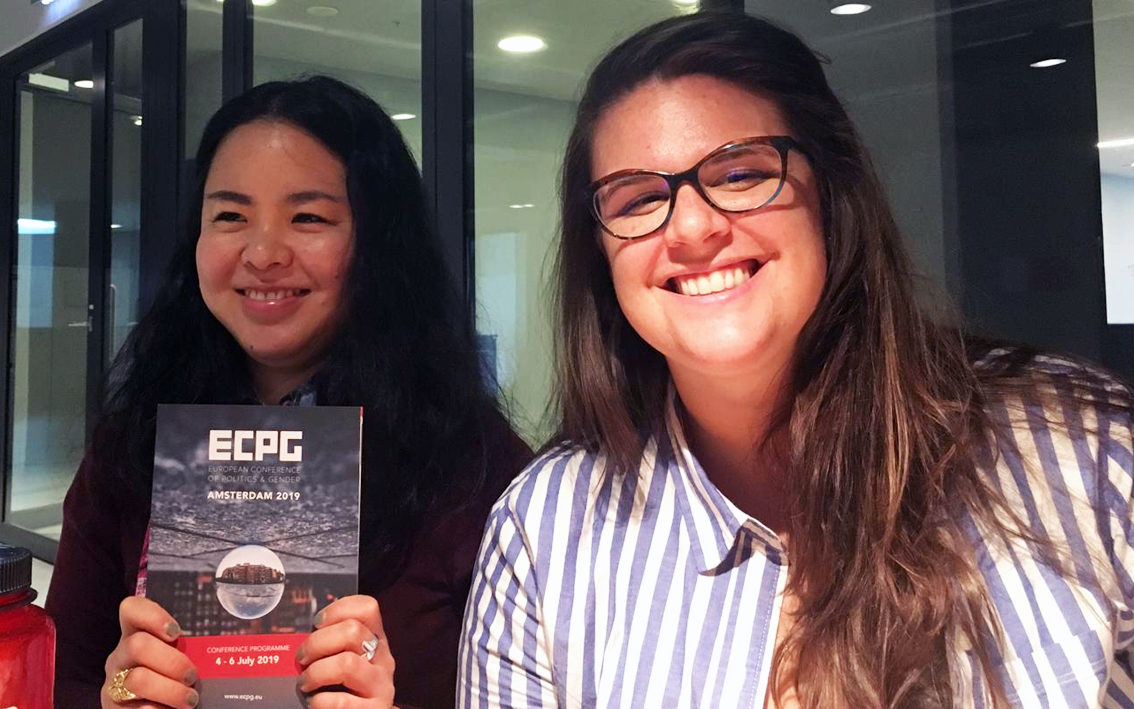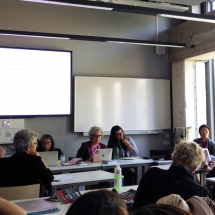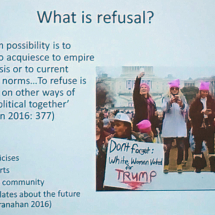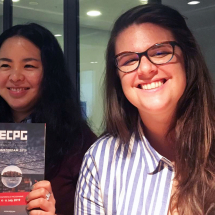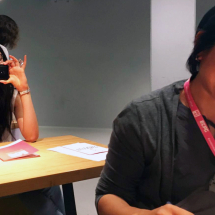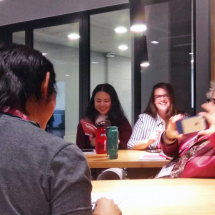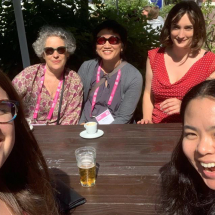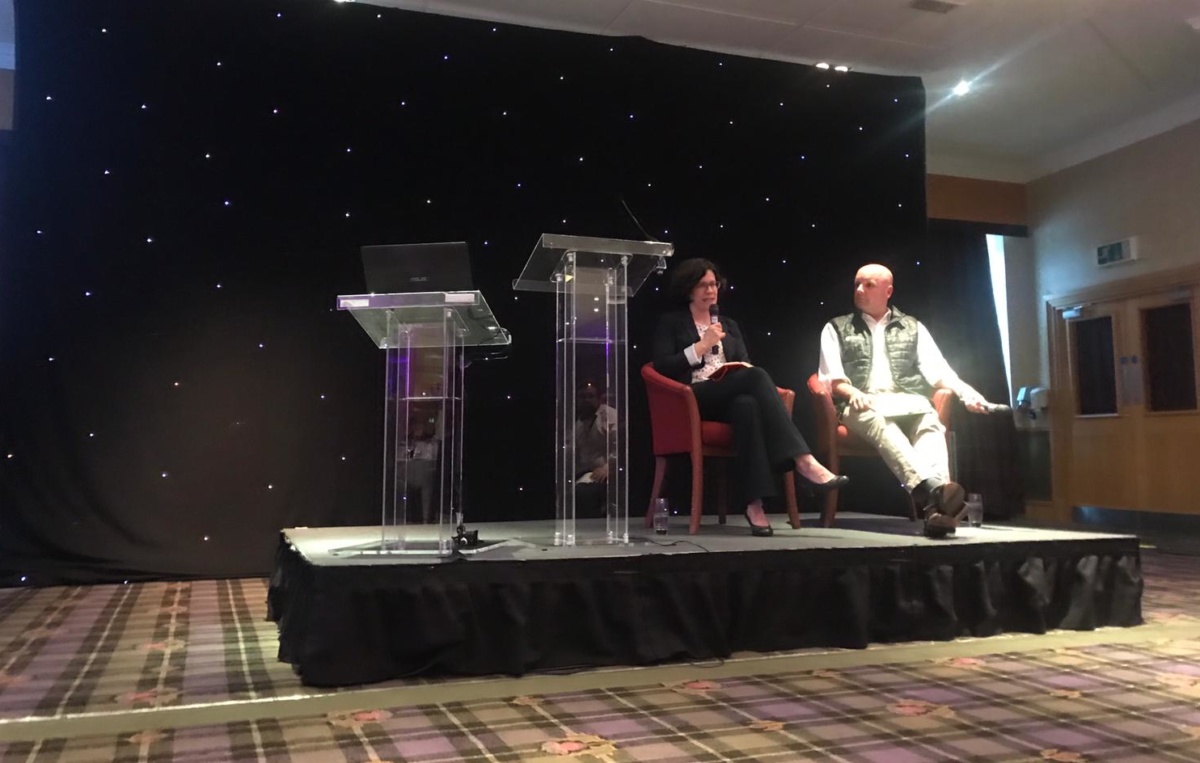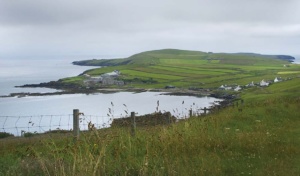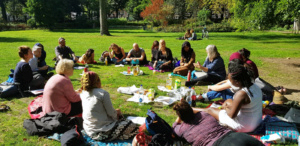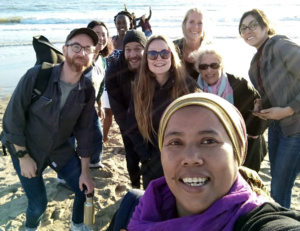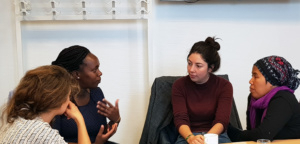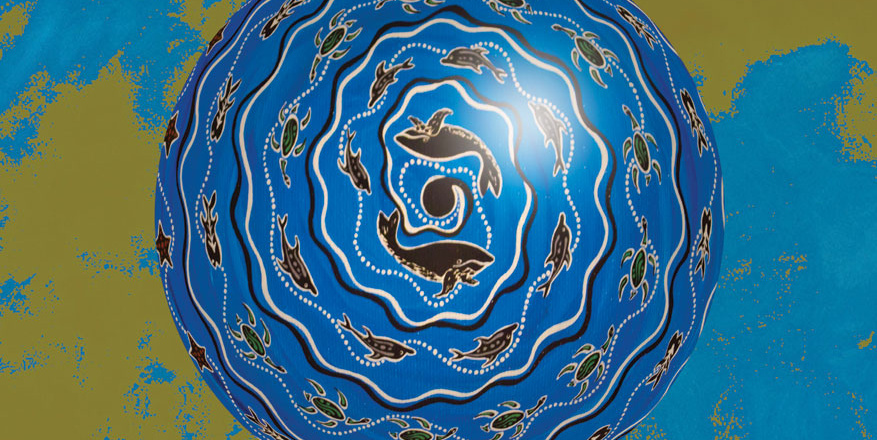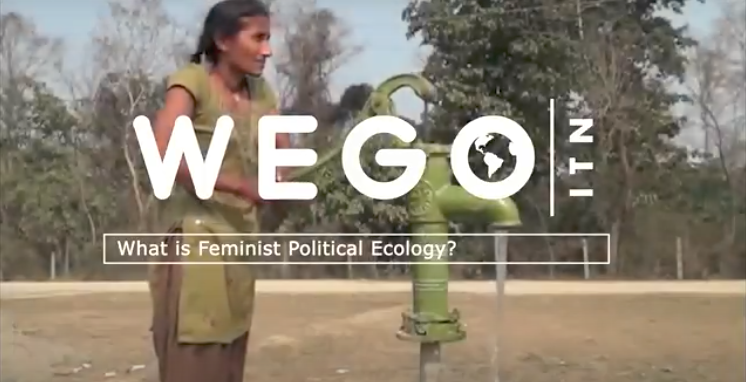With the Handbook of Diverse Economies edited by J.K. Gibson-Graham and Kelly Dombroski coming out in 2020 it seems high time to organize the Inaugural International Community Economies Conference. This conference will offer the opportunity for members of the Community Economies Research Network (CERN) to share their work, discuss common themes of interest and advance a post-capitalist politics.
The conference is organised by the Community Economies Institute with the School of Spatial Planning & Development and the School of Political Science at Aristotle University of Thessaloniki. It will take place from
5-7 November 2020 in Thessaloniki, Greece.
The CERN currently has 225 members spread across 27 countries. It is hoped that by locating the conference in Thessaloniki—an historic site of international cultural interchange—many people from across the world will be able to attend. Registration costs will be kept low and there will be a limited number of travel bursaries for those who cannot access institutional conference funds.
The conference will begin on Thursday night with an opening address followed by an interactive poster session and participatory mapping of the CERN story. Friday and Saturday are set aside for paper presentations, panels and workshops organized by CERN members. There will also be sessions open to the public in which connections between community economies research and current concerns are discussed with scholars and activists from Greece and the region. The conference will be followed by an optional day of field visits and walks in Thessaloniki and the surrounding region led by activist researchers. During the conference the Greek translation of Take Back the Economy: An Ethical Guide for Transforming Our Communities (with additional Greek examples) will be launched.
An international organizing committee led by Katherine Gibson, Giorgos Gritzas and Karolos Kavoulakos is being formed. The Community Economies Institute and the University of Thessaloniki will provide organizational support for the conference.
More information about deadlines for submitting papers, panels and workshop proposals will be forthcoming. And keep an eye on the community economies web site for more information: www.communityeconomies.org
Hope to see you there!


